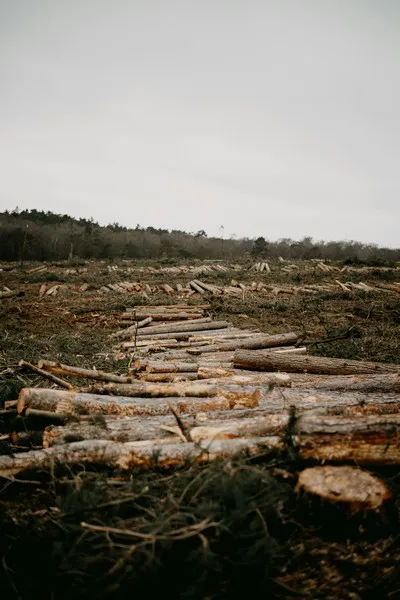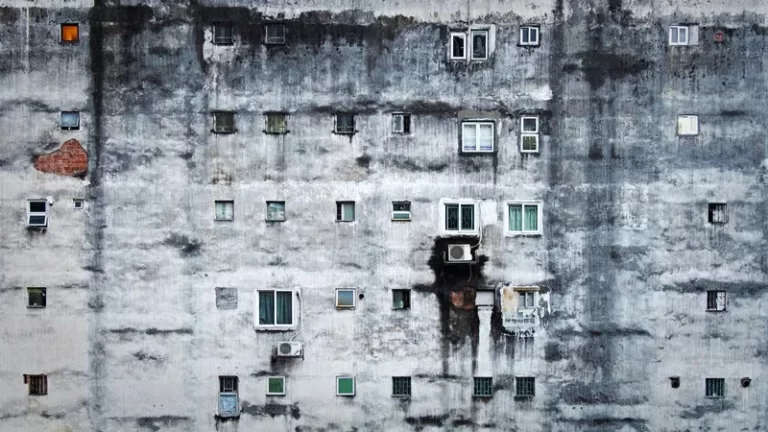Table of Contents
- Introduction
- Wildfires as Socially Constructed Disasters
- Stratified Effects of Wildfires on Demographics
- The Cultural Dimensions of Wildfires
- Institutional Responses and Challenges
- Economic and Urban Implications
- Government Responses: A Sociological Analysis
- Social Responses to Wildfires
- A Path Forward: Sociological Insights
- Conclusion
- Poll
- Think!
- Essay Suggestions
- Research Suggestions
- Further Reading
Introduction
California has long been synonymous with breathtaking landscapes, technological innovation, and a dynamic cultural tapestry. However, it is also a state marked by recurring environmental crises, particularly wildfires. The 2025 wildfires, which have devastated large swathes of Los Angeles County and beyond, are a poignant reminder of the escalating interplay between natural disasters and human systems. Environmental sociology provides a crucial lens through which we can understand these wildfires, not merely as environmental events but as deeply social phenomena shaped by human activity, institutional frameworks, and broader cultural narratives.
This article unpacks the California wildfires through the lens of environmental sociology, examining the social causes, impacts, and responses to these devastating events. By exploring themes such as inequality, cultural narratives, policy gaps, and community resilience, it aims to provide an educational yet engaging analysis suitable for undergraduate students interested in the intersection of society and the environment.
Wildfires as Socially Constructed Disasters
Moving Beyond Natural Causes
While wildfires are often framed as natural disasters, environmental sociology challenges this narrow perspective by emphasizing their socially constructed nature. Factors such as urban development encroaching on fire-prone areas, climate change fueled by industrial activities, and insufficient policy interventions transform wildfires into social disasters. These aspects highlight how human choices exacerbate the frequency and intensity of these fires.
California’s prolonged drought, for instance, has left vegetation dry and highly flammable. This condition is not merely a product of natural weather patterns but is exacerbated by anthropogenic climate change. Rising global temperatures and shifting precipitation patterns have extended the fire season, creating a “new normal” that demands societal accountability. The situation calls into question the role of industrialized nations in perpetuating global warming and their responsibilities in addressing its consequences.
The Role of Inequality in Vulnerability
Environmental sociology underscores the role of social inequality in shaping vulnerability to disasters. In California, wildfires disproportionately affect marginalized communities. Wealthier individuals can often afford fire-resistant homes, private fire protection services, or the ability to relocate. Conversely, lower-income communities, often located in higher-risk zones due to historical housing discrimination and urban planning inequities, face greater exposure to the dangers of wildfires.
For example, undocumented workers in California, many of whom work in agriculture, are frequently exposed to hazardous air quality during fire events, yet lack the resources to access protective equipment or healthcare. Additionally, renters often have less control over housing modifications to mitigate fire risk, and they may lack the means to evacuate quickly, leaving them at heightened risk. This disparity exemplifies how social structures mediate the impacts of environmental crises and illustrates broader patterns of environmental injustice.
Stratified Effects of Wildfires on Demographics
Differential Impact Across Socioeconomic Classes
Wildfires in California expose significant disparities in how different socioeconomic groups experience and recover from these disasters. Affluent communities, often equipped with fire-resistant infrastructure, private insurance, and the ability to quickly evacuate, are generally more resilient to wildfire impacts. In contrast, lower-income households face heightened vulnerability due to inadequate housing, limited access to transportation, and reliance on public resources that may be stretched thin during crises.
For instance, mobile home parks, which often house economically disadvantaged families, are particularly susceptible to fire damage due to their construction materials and proximity to high-risk zones. Recovery for these families is further hampered by bureaucratic obstacles in accessing government aid, highlighting systemic inequities that exacerbate their challenges.
Racial and Ethnic Disparities
The stratified effects of wildfires also manifest along racial and ethnic lines. Communities of color, historically marginalized through discriminatory housing policies and economic exclusion, are disproportionately represented in high-risk areas. Many of these communities lack the resources to prepare for or recover from wildfires, leaving them at greater risk of loss and displacement.
For example, farmworkers, a significant portion of whom are Latinx immigrants, often remain in hazardous areas during wildfire events to maintain their livelihoods. Their exposure to poor air quality and unsafe conditions underscores the intersection of environmental and occupational inequities. Addressing these disparities requires targeted interventions that prioritize the needs of the most vulnerable populations.
Gendered Dimensions of Wildfire Impacts
Gender plays a critical role in shaping individual experiences during and after wildfires. Women, particularly single mothers, often bear a disproportionate share of caregiving responsibilities, which can limit their mobility and access to resources during evacuations. Additionally, women are more likely to engage in unpaid labor, such as coordinating community relief efforts, further burdening them during recovery periods.
Conversely, men may face pressures to participate in physically demanding firefighting efforts, either professionally or as volunteers. These gendered expectations reflect broader societal norms that influence how individuals navigate disaster scenarios and highlight the need for inclusive policies that address these unique challenges.
Elderly and Disabled Populations
Elderly and disabled individuals are among the most vulnerable during wildfires. Evacuation processes are often inaccessible, with transportation and shelter options failing to accommodate their specific needs. Furthermore, disruptions to medical care and social support networks can have severe consequences for these populations.
Sociological analysis emphasizes the importance of inclusive disaster planning that incorporates the voices and needs of elderly and disabled individuals. Community-based initiatives, such as neighborhood check-ins and accessible communication systems, can play a vital role in mitigating these risks.
Children and Youth
Children and youth experience wildfires in unique ways that have both immediate and long-term implications. The psychological impacts, such as anxiety and trauma, can disrupt their education and development. Schools in affected areas may close for extended periods, further exacerbating educational inequalities among children from low-income families who may lack access to remote learning resources.
To address these challenges, sociologists advocate for integrating mental health services into disaster response plans and ensuring that educational disruptions are minimized through equitable access to technology and resources. Fostering resilience among young people is crucial for building long-term community capacity to withstand future disasters.
The Cultural Dimensions of Wildfires
Wildfires in Popular Narratives
California’s wildfires have become an enduring cultural symbol, often portrayed in media and popular narratives as harbingers of climate change. These representations shape public perceptions, creating a mix of fear, fascination, and resignation. Media coverage, while raising awareness, can also perpetuate a sense of inevitability, undermining proactive efforts to address the root causes of these disasters.
Social media platforms amplify these narratives, creating both opportunities and challenges. On one hand, they facilitate the rapid dissemination of vital information, such as evacuation orders and air quality updates. On the other hand, they can spread misinformation and sensationalize events, leading to public desensitization. Understanding these dynamics is crucial for sociologists examining the role of media in shaping societal responses to environmental crises.
Indigenous Knowledge and Fire Management
Get the full article AD FREE. Join now for full access to all premium articles.
View Plans & Subscribe Already a member? Log in.




